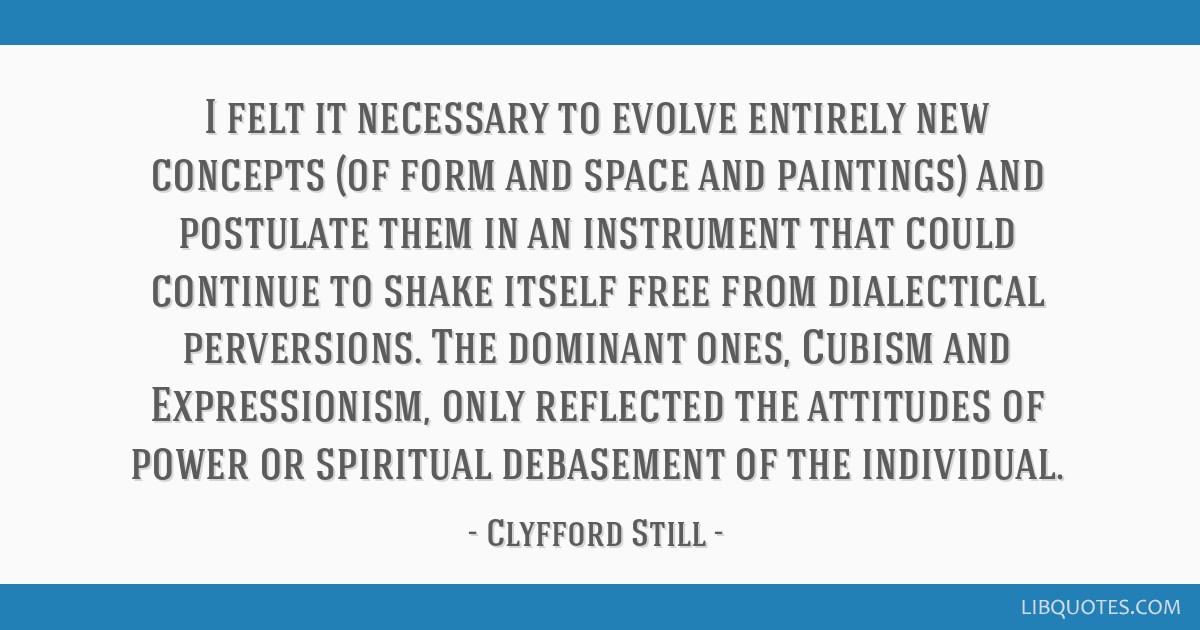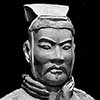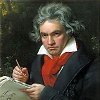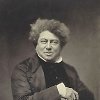I felt it necessary to evolve entirely new concepts (of form and space and paintings) and postulate them in an instrument that could continue to shake itself free from dialectical perversions. The dominant ones, Cubism and Expressionism, only reflected the attitudes of power or spiritual debasement of the individual.
Clyfford Still, interview with Ti Grace Sharpless, 1963; as quoted in Abstract Expressionism Creators and Critics, edited by Clifford Ross, Abrams Publishers New York 1990, p. 200























